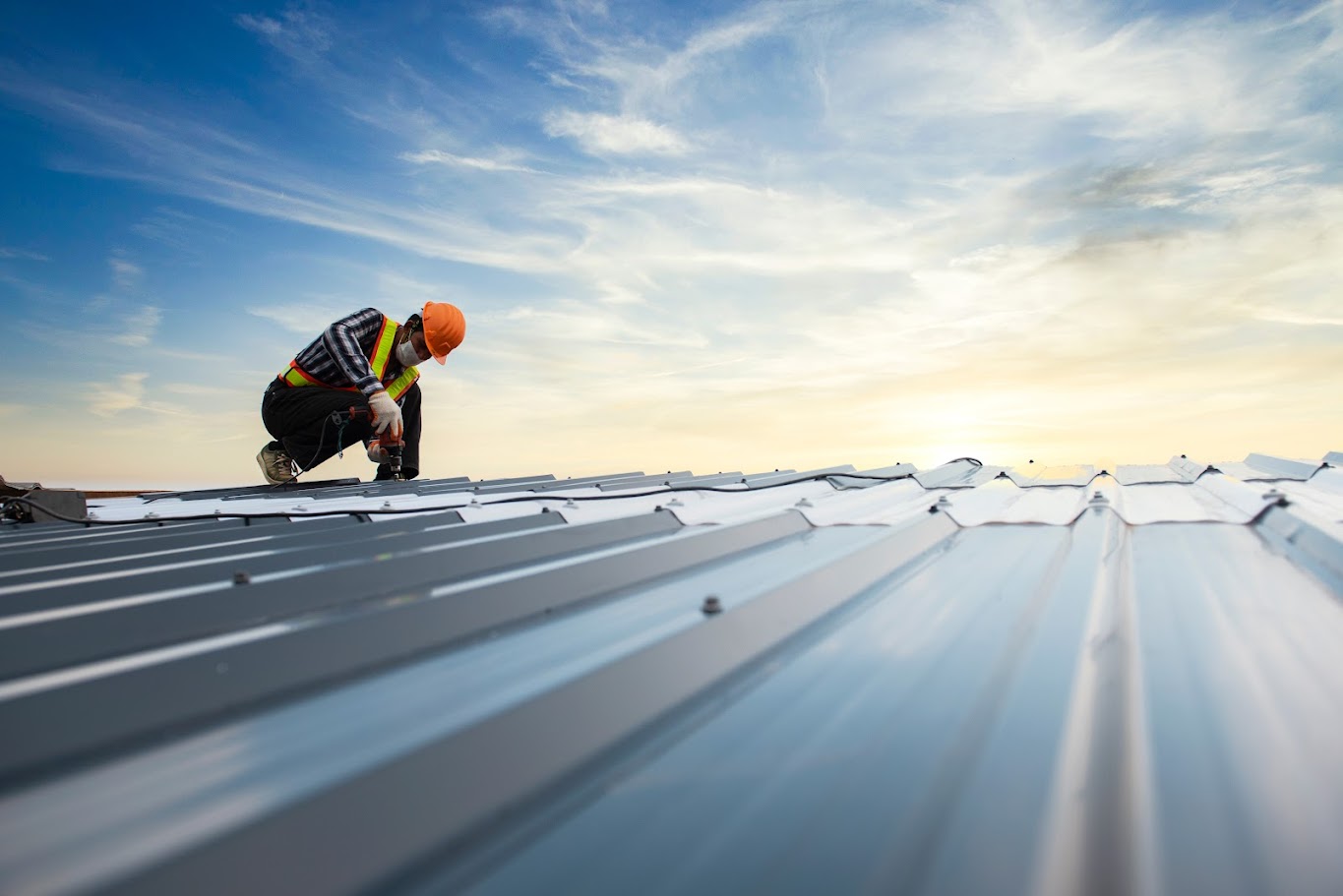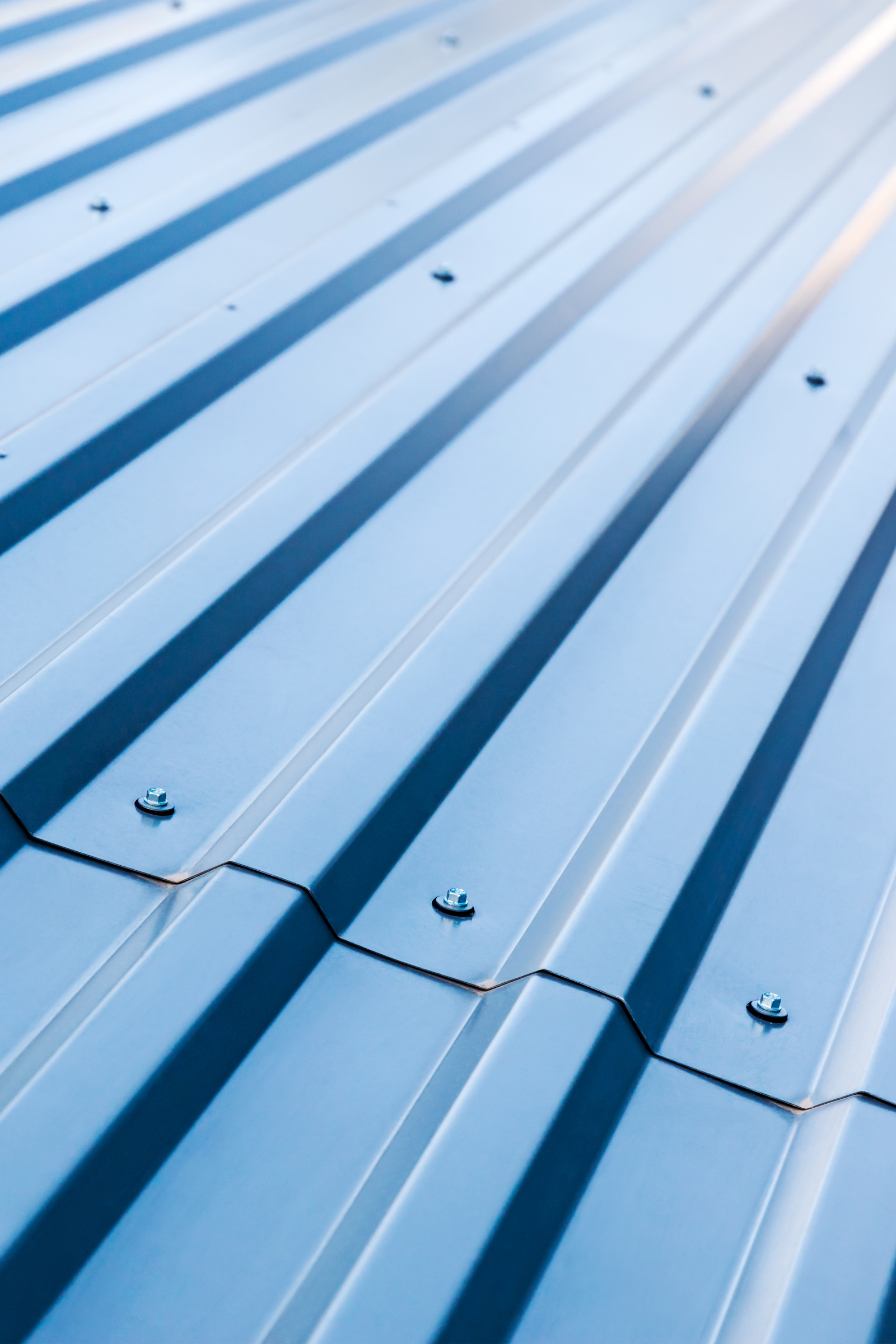Low slope roofs are particularly well-suited for industrial and commercial spaces, combining practicality with a modern aesthetic. These roofs are not only about optimizing space and ensuring effective water drainage but also about meeting the unique demands of large-scale facilities. At All Flats Roofing, our specialty lies in understanding and implementing low slope roofing solutions tailored for the industrial and commercial sectors. We simplify the complexities of roofing for our clients, always aiming for clarity in our recommendations. Recognizing that every commercial and industrial building has its specific requirements, we are dedicated to providing customized roofing solutions. By choosing All Flats Roofing, you’re not just selecting a roof; you’re investing in longevity, reliability, and an experience that prioritizes your facility’s needs. Trust us to elevate your commercial and industrial spaces with low slope roofs that truly deliver.


Roofing services for low slope roofs provide expertise in installation and repair techniques that are specific to the challenges associated with these types of roofs. This includes the correct application of waterproofing membranes and the implementation of proper drainage to prevent water accumulation and leakage.
Regular maintenance by professionals can prevent severe damage and extend the roof’s life. This involves routine inspections, timely repairs, and the application of protective coatings to defend against weather and environmental damage, ensuring the roof remains in optimal condition.
Properly maintained low slope roofs can contribute to the energy efficiency of a building. Roofing services ensure that insulation is correctly installed and that the roof’s surface reflects sunlight to reduce cooling costs, thereby aiding in the overall energy management of the property.
Roofing services for low slope roofs provide expertise in installation and repair techniques that are specific to the challenges associated with these types of roofs. This includes the correct application of waterproofing membranes and the implementation of proper drainage to prevent water accumulation and leakage.
Regular maintenance by professionals can prevent severe damage and extend the roof’s life. This involves routine inspections, timely repairs, and the application of protective coatings to defend against weather and environmental damage, ensuring the roof remains in optimal condition.
Properly maintained low slope roofs can contribute to the energy efficiency of a building. Roofing services ensure that insulation is correctly installed and that the roof’s surface reflects sunlight to reduce cooling costs, thereby aiding in the overall energy management of the property.
Comprising multiple layers of tar and gravel, BUR offers robust waterproofing capabilities.
A blend of asphalt and modifiers, this material is flexible and resistant to foot traffic and punctures.
A durable rubber material, EPDM is known for its resistance to UV rays, weathering, and temperature variations.
These materials stand out for their weldable seams, UV radiation resistance, and chemical resilience.
Designed for various slopes, metal roofing is durable, fire-resistant, and can be treated for added UV protection.
Find answers to common questions about our services and flat roofing solutions. If you need personalized assistance, our experienced team is here to help you, just fill out the form with your question.
Low slope roofing typically has a slight pitch to allow for water drainage, while flat roofing has no pitch and requires additional waterproofing measures to prevent pooling of water.
The best materials for low slope roofing in industrial settings are typically TPO (thermoplastic olefin), EPDM (ethylene propylene diene monomer), and PVC (polyvinyl chloride) membranes. These materials are durable, weather-resistant, and provide excellent protection against leaks and UV radiation.
Low slope roofing can have a significant impact on energy efficiency as it can help reduce heat transfer and improve insulation, resulting in lower energy consumption and costs for heating and cooling a building. Additionally, low slope roofing systems can also accommodate the installation of solar panels, further enhancing energy efficiency and sustainability.
Yes, there are specific maintenance practices for low slope roofs, such as regular inspections, clearing debris, and addressing any signs of damage promptly to prevent water pooling and potential leaks. It is recommended to consult with a professional roofing contractor for specific maintenance guidelines based on the type of low slope roof.

We fuse expert knowledge with the finest materials, ensuring excellence in service and keeping you updated on your installation and warranty every step of the way.

We fuse expert knowledge with the finest materials, ensuring excellence in service and keeping you updated on your installation and warranty every step of the way.
